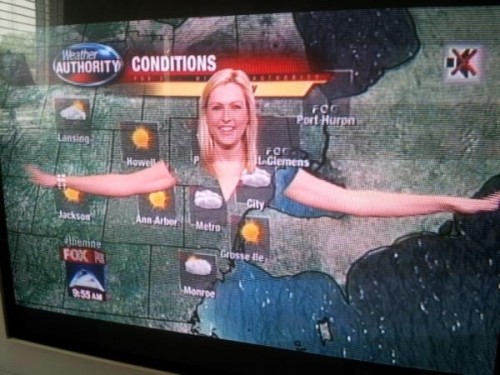Keeling Pilaro is a 13-year old boy who grew up playing field hockey in
Ireland. He is now being told that, after two years of playing on a
girls' high school team following his family's move to New York, he
next year due to his gender. There are no boys' field hockey teams in
the area, leading Pilaro to seek an exemption under Title IX allowing
him to play alongside girls.
From NBC:
An appeals committee said it looked only at
his skills, not size or strength, when upholding the decision to keep
him off the field. That raises a question of discrimination.
Keeling
is 4'8", weighs in at 82 pounds and, according to those who wish to see
him play, there are girls in the league with skills superior to his
(although he did have ten goals and eight assists this past season).
Asked about the situation, he expressed frustration, saying "I don't
really care if I'm on a boys' team or a girls' team, I just want to
play."
Along with his teammates, the local school district supports Keeling's
desire to play. But state law allows administrators to bar boys from
girls' athletics if a boy's participation "would have a significant
adverse effect" on girls' opportunities to compete. This clause raises a
few highly problematic questions:
Where should the line be drawn regarding a boy's skill level? Skill level is a subjective measure; it's a bold claim to say that Keeling is good to the point of discrimination.
What is a "significant adverse effect" on girls' opportunities?
Keeling is preventing, at most, one girl from playing on the team
(assuming the coach makes cuts, which is not always the case at the high
school level); does this adverse effect rise to the level of
significant? If it does:
How bad would he have to be in order to play? Do boys have to be
below average in skill to be allowed to play? Does they have to ride the
bench so they don't take playing time away from girls? Do they have to
be the worst players on the team so they don't take spots on the roster
away?
What if a girl took a spot away from a boy? In the absence of
their own teams, girls are granted Title IX exemptions to play football
and wrestle on a regular basis. Surely if a girl beat out a boy for a
spot on the football team the state would let her play. Moreover, the
state's decision to let her play would be based on the fact that she
wouldn't have the opportunity to play elsewhere, as is the case in this
situation.
Keeling Pilaro doesn't want an unfair advantage, he just wants a chance
to play. Since he doesn't have an opportunity to compete in a boys'
league, his only option is to play on the girls' team. Equality means
equality, regardless of the direction in which that equality flows. The
State of New York should recognize this and let Keeling Pilaro remain on
the team he has been playing for the past two years.






